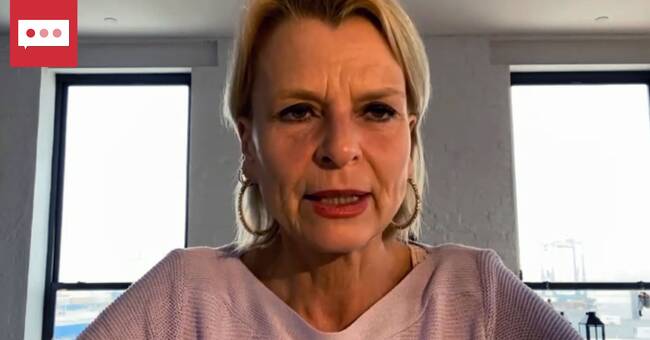This week, the 65th edition of the UN Commission on Women, an international summit on women's rights, ended.
Conclusion: The corona pandemic has hit women harder than men in almost every measurable way.
- We already have a gender equality crisis, says Sweden's former Minister for Gender Equality Åsa Regnér, who is currently deputy head of the UN's unit for women's rights, to SVT Nyheter.
Women have lost their jobs to a greater extent, violence against women has increased and more women have fallen into poverty.
- When women are hungry, children also get hungry.
When women's income diminishes, it is children who are affected and it entails entire societies.
Few crisis measures aimed at women
The UN has gone through almost all the economic crisis packages that the world governments have introduced.
Only 20 percent of the measures correspond to the socio-economic situation of women.
- Women have literally saved the lives of the rest of us during the pandemic through their work in the healthcare sector, without us being able to see that their wages have been pushed up or other conditions have improved.
But there are bright spots, says Åsa Regnér.
More and more governments are talking about gender equality, enacting laws and deciding on reforms that will promote women's rights.
An important piece of the puzzle for creating change is more women in decision-making positions.
Today, only 25% of women in the world are parliamentarians, 22 countries are led by women and 14 countries have equal governments.
"A survival issue"
The Nordic countries, which before the pandemic had a different starting point than many other countries, have coped better with the gender equality crisis, according to Åsa Regnér.
But there are things to do.
- What worries me is that there is no upward pressure when it comes to conditions in the labor market for women in care, elderly care and child care, which has been absolutely crucial for society to survive.
I think it's a matter of survival.

